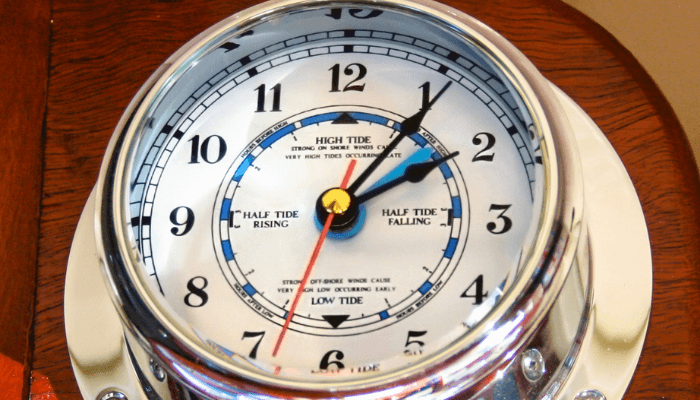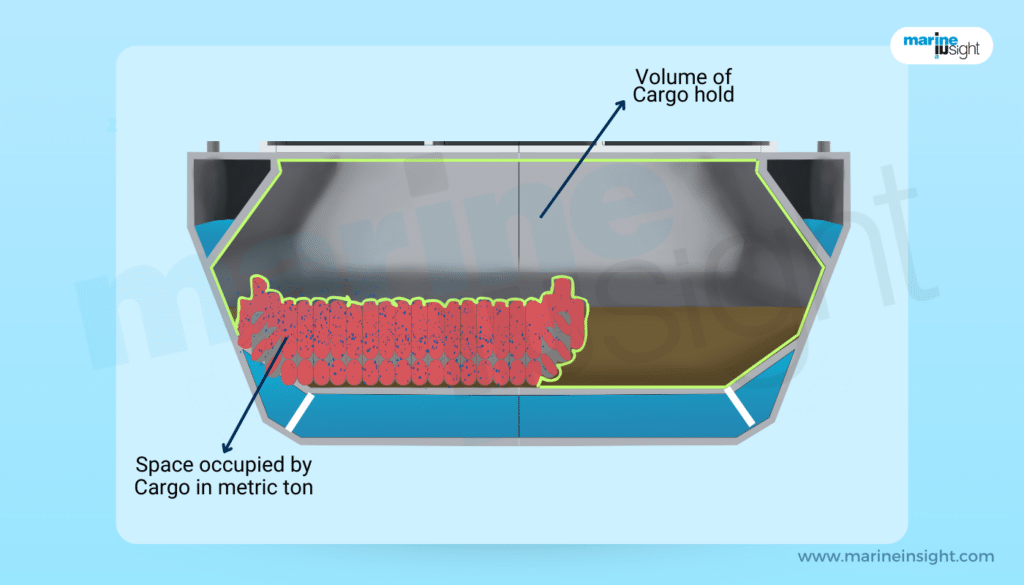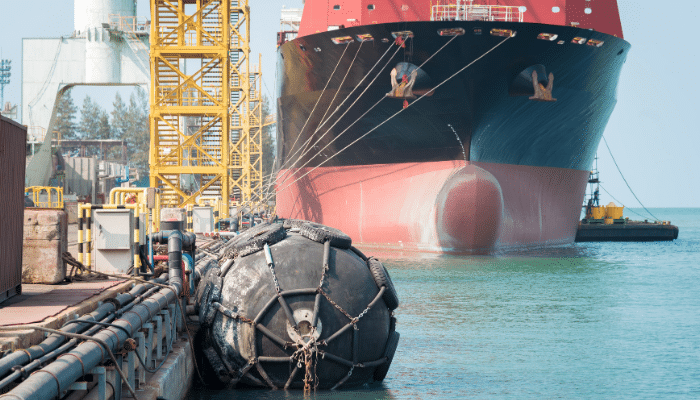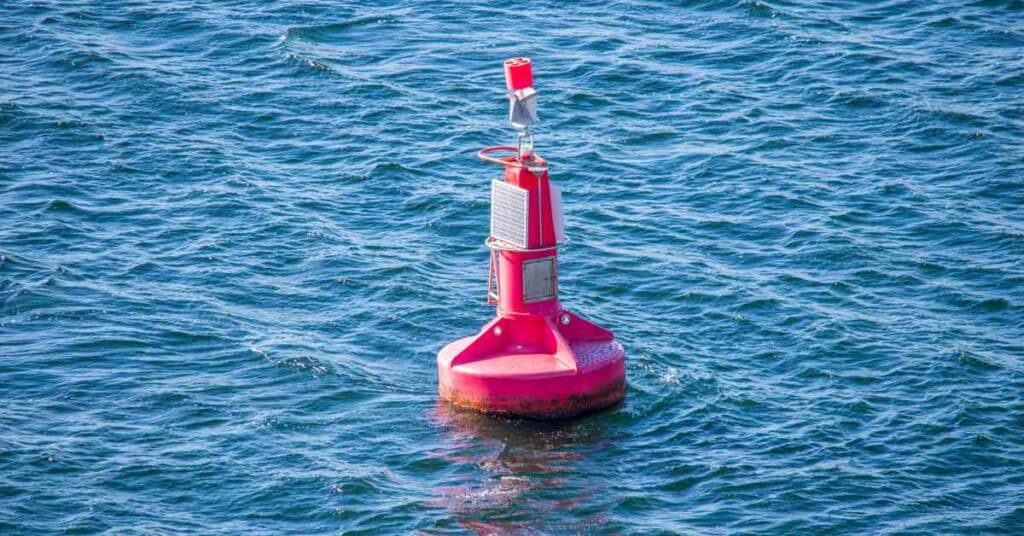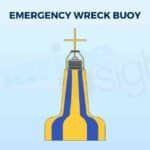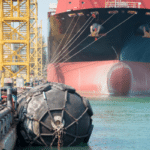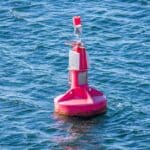What is a Tide Clock?
Innovated over four decades ago, by an American inventor, the tide clock was a necessarily significant maritime gadget in the ancient times. As its name pinpoints, the equipment is utilized to calculate the stipulated time difference between the occurrences of wave surges.
The all-round viability and functionality of the tide clock mechanism paved the way for easy and uncomplicated understanding of the tidal motions, thus simplifying necessary seafaring calculations. The tide clock was an important navigation equipment used on board ships.
How Tide Clock Works?
The tide clock’s mechanism is based on the moon’s pull on the tidal movements of the sea and depends thoroughly on adjusting the clock to the moon’s lunation cycle. In order to operate the watch seafarers thus, first need to set it to the first occurring high tidal action in a particular lunation cycle. Depending on this fine-tuning, calculated results about the forthcoming tidal occurrence are able to be obtained.
Similarly the tide clock also needs to be fine-tuned in case of voyaging in different water geographies. This helps seafarers to remove any inaccuracies in terms of tidal calculations, irrespective of the actual position of the vessel. Just like any other electronic gadget, the tide clock is battery operated and requires no other complicated gadgetries to support its upkeep.
The ship watch works on a simple principle, not unlike the other routine clocks with a circular dial with numbers charted on the face. However, unlike the other clocks and watch mechanisms, which are divided into four quarters such as three, six, nine and twelve with other numerals between one and 11 placed at a regular interval, the tide watch has the two tidal notations placed opposite on its face. Between these two tidal notations – low tide on the lower end of the watch face and high tide on the upper face – are numerals counting the over 12-and-a-half hour time separating the two tidal action.
The accuracy of the tide watches has helped in the formulation of the tidal tables that prognosticate statistical data about tidal action in the coming years. Such tidal tables have become technology-driven successors of the originally pioneered tide watch thus helping it to maintain a steady tandem with developments in engineering sciences.
Tide Watch Utilisation Exemptions
While this form of ship watch is a helpful tool in maritime navigation and can be operated with immense success in almost every ocean and sea, certain water geographic areas prevent its utilisation on account of volatile natural fluctuations.
In the southern coast of the United States, especially the Gulf of Mexico, the tide watch becomes a redundant gadget with mariners forced to rely on other electronic tools of navigation. Such areas though are quite limited in number which reduces the tide watch’s areas of geographic exemptions without affecting or impacting its effectualness adversely.
You may also like to read – An Introduction to Fluxgate Compass
References : tideclock, trintec
Do you have info to share with us ? Suggest a correction
About Author
Marine Insight News Network is a premier source for up-to-date, comprehensive, and insightful coverage of the maritime industry. Dedicated to offering the latest news, trends, and analyses in shipping, marine technology, regulations, and global maritime affairs, Marine Insight News Network prides itself on delivering accurate, engaging, and relevant information.

About Author
Marine Insight News Network is a premier source for up-to-date, comprehensive, and insightful coverage of the maritime industry. Dedicated to offering the latest news, trends, and analyses in shipping, marine technology, regulations, and global maritime affairs, Marine Insight News Network prides itself on delivering accurate, engaging, and relevant information.
Latest Marine Navigation Articles You Would Like:
Subscribe To Our Newsletters
By subscribing, you agree to our Privacy Policy and may receive occasional deal communications; you can unsubscribe anytime.



